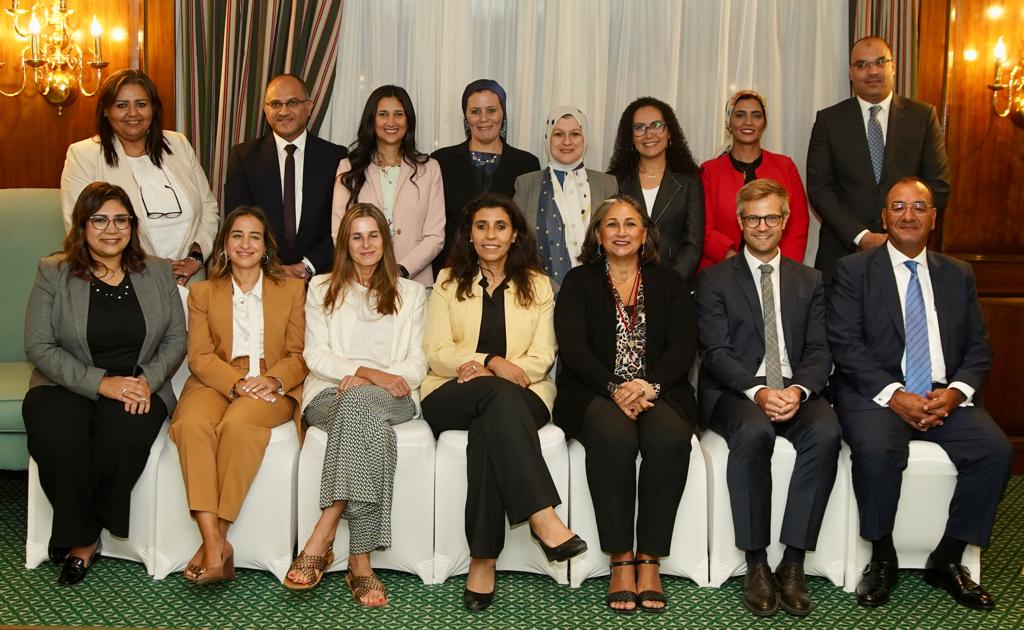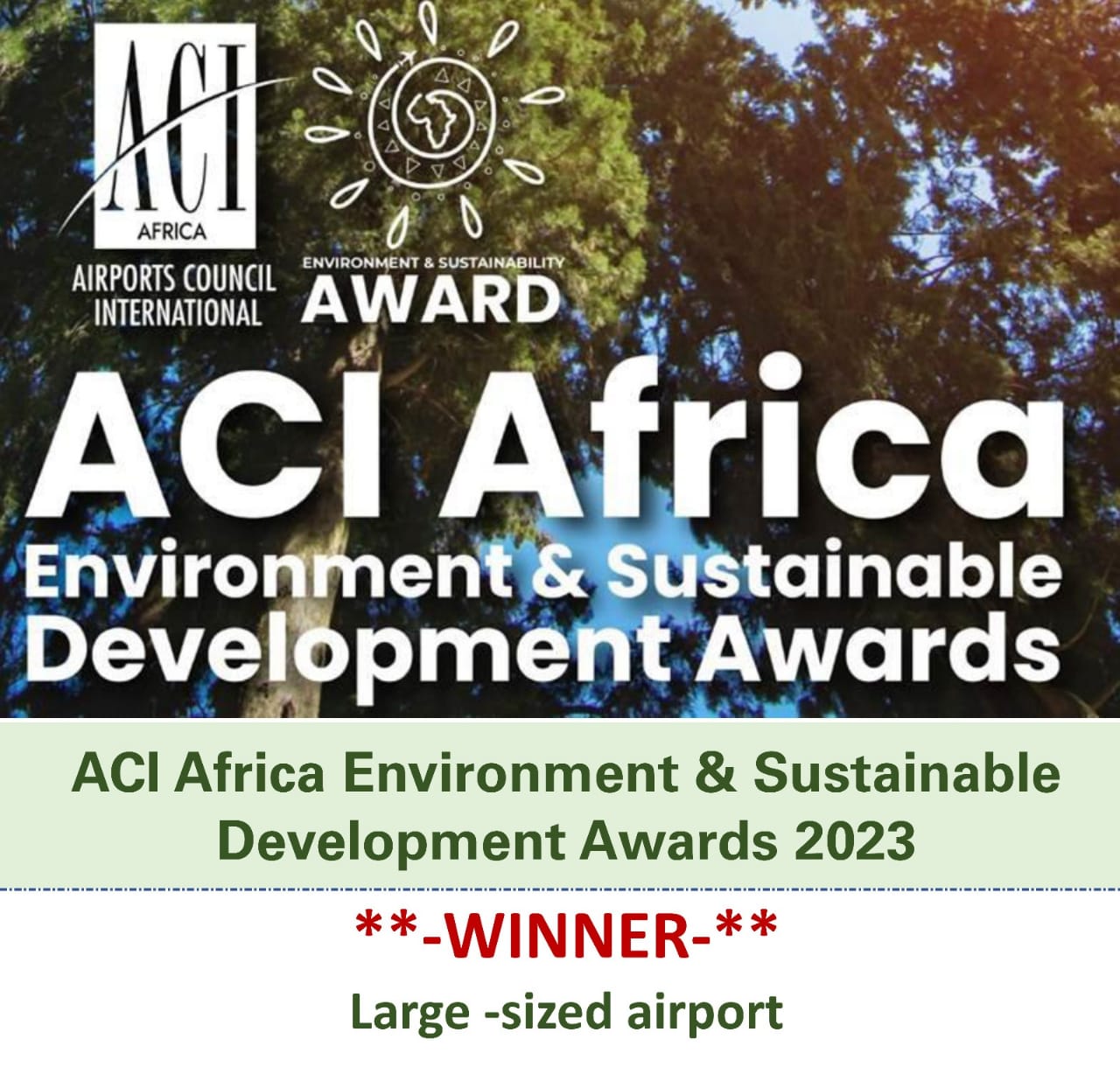CBE announces the successful completion of the Joint Project «Strengthening Financial Inclusion and Banking Supervision in Egypt»
Font size
The Central Bank of Egypt (CBE), in collaboration with the European Union (EU) and the German Agency for International Cooperation (GIZ), announced the successful completion of the joint technical assistance project “Strengthening Financial Inclusion and Banking Supervision in Egypt”. The project, which was launched in Cairo in November 2018, received 4.12 million Euros in funding from the EU and the German Ministry for Economic Cooperation and Development (BMZ), and was implemented by GIZ.
This project comes within the framework of the CBE’s keenness to enhance cooperation with international and local institutions to support the national efforts aiming at the attainment of a sound inclusive financial ecosystem, in line with the international best practices that promote sustainable inclusive economic growth.
The project has yielded a number of positive outcomes, including the formulation of the Financial Inclusion Strategy (2022-2025) by the CBE, based on the findings of the financial services demand-side surveys conducted on a nationally representative sample of individuals, as well as Micro, Small and Medium Enterprises (MSMEs), operating in both the formal and informal sectors. The survey was conducted in cooperation with the Central Agency for Public Mobilization and Statistics (CAPMAS), ministries, and authorities concerned with financial inclusion.
The financial inclusion indicators, published by the CBE as of December 2022, reflected a significant increase in financial inclusion rates during the period from 2016 to 2022, at a growth rate of 147%, bringing the total ownership and usage of transactional accounts to 42.3 million citizens, which represent 64.8% of the total 65.4 million eligible adults (16+ years old). Moreover, the financial inclusion indicators regarding women reflected an upsurge in the number of females who own and use transactional accounts, reaching 18.3 million women by the end of 2022, representing 57.6% out of the total 31.8 million women, and reflecting a growth rate of 210%, compared to 2016.
The joint project also supported the launch of the “Efham Business” platform, in cooperation with the Egyptian Banking Institute (EBI), which aims to provide technical support for start-ups and small enterprises.
With reference to enabling cooperation to enhance banking supervision, a risk-based model was developed, comprising 12 risk components in line with international best practices, to improve supervision and control on banks. The Banking Supervision Sector at the CBE is continuing the implementation and periodical testing of the model.
With regards to enhancing the regulatory framework, the project focused on developing the supervisory capacity, and elevating the banking sector’s capability to implement the Basel III post-crisis reforms framework, with regards to market risk, credit risk, securitization, and regulatory capital.
Moreover, the project provided technical assistance to the Regulations Sector to effectively implement home-host supervision, and capacity building to carry out the impact assessment of regulations issued by the CBE to the banking sector.
With regards to financial stability, technical assistance was provided to the Macro-prudential Department to develop the institutional structure for financial stability, the analytical framework and macroprudential policy toolkit.
In this context, May Abulnaga, First Sub-Governor, Governor’s Technical Office stated that the “Strengthening Financial Inclusion and Banking Supervision in Egypt” project reflects the strategic partnership with the European Union and the German Development Cooperation, which comes within the framework of the CBE’s keenness to enhance financial inclusion, and availing access to banking products to all segments of the population from individuals to micro, small and medium enterprises, and supporting sustainable economic growth”.
On his side, Mohamed Abou Moussa, First Sub-Governor, Offsite Sector, Banking Supervision stated that “The project contributed to strengthening the supervisory processes of the banking sector including supervision on combating AMF CFT in line with international best practices.”
Ambassador Christian Berger, Head of the European Union Delegation to Egypt, stated that “the project has been a vital part of the European Union’s efforts to support economic development and social progress in Egypt. Through this project, we have worked closely with our partners to create a more inclusive financial system that can better serve the needs of all Egyptians, including women and underserved population. The project has also helped to strengthen banking regulations and supervision, which are crucial for maintaining financial stability and promoting sustainable growth. We are proud to have been part of this important initiative and look forward to building on these achievements in our future cooperation with Egypt.”
Mrs. Stefanie Soerensen, Deputy Head of the German Development Cooperation in Egypt, stated that “As a partner in the joint technical assistance project ‘Strengthening Financial Inclusion and Banking Supervision in Egypt’, we are proud to have been supporting the Central Bank of Egypt in cooperation with the European Union in achieving significant progress towards promoting financial inclusion and strengthening banking supervision in Egypt. This project is a testament to our commitment to support sustainable economic growth and social development in Egypt, and we look forward to expand cooperation with our partners in the country”.
“We have clearly seen the commitment of the Central Bank to further strengthen banking supervision in Egypt while promoting financial inclusion. We are proud of what we have achieved together in this ambitious project. Furthermore, we are impressed by the skills, qualifications, endurance, and motivation we saw in the Central Bank of Egypt, which is considered the key success factor for the project. We thank the Central Bank of Egypt for this successful collaboration and would be delighted to cooperate in future projects”, said Andreas Ruepp, Head of the Financial Sector Development Project at GIZ.













